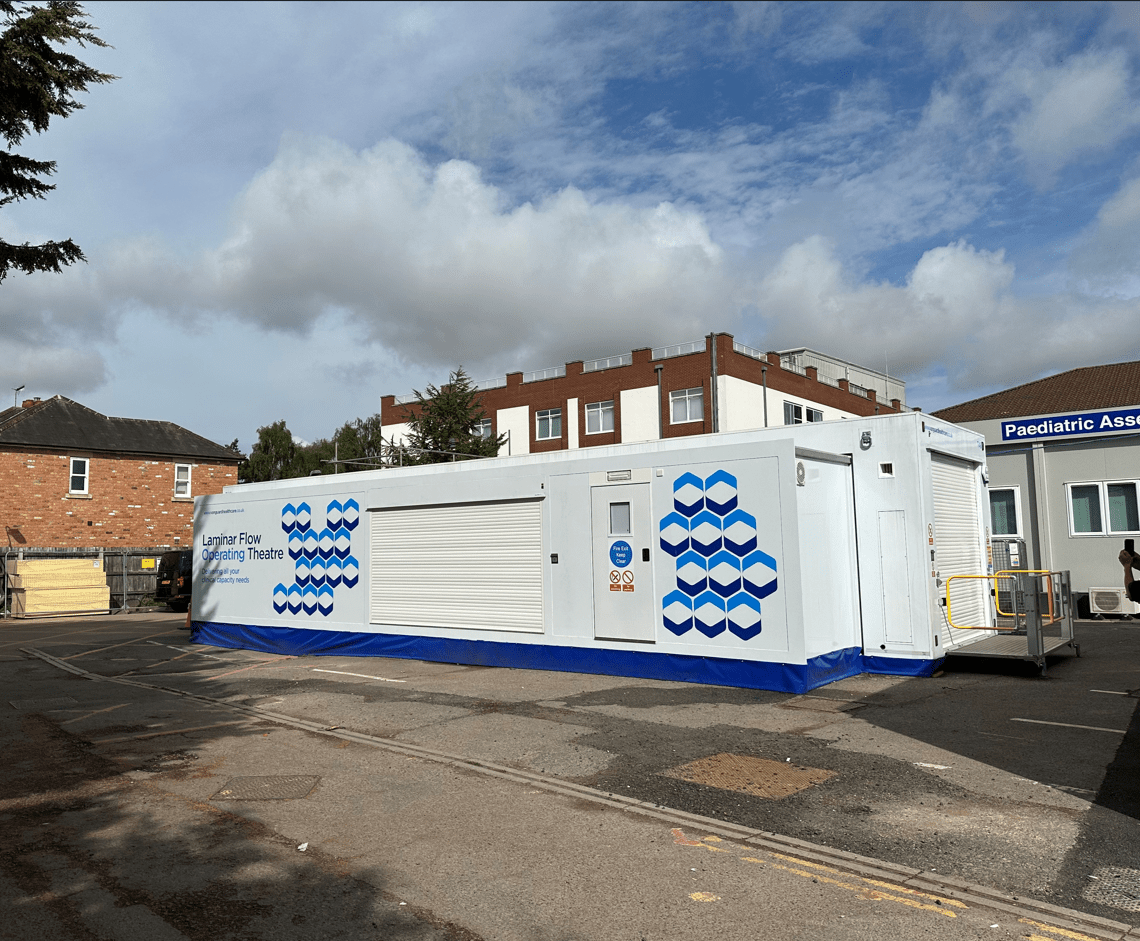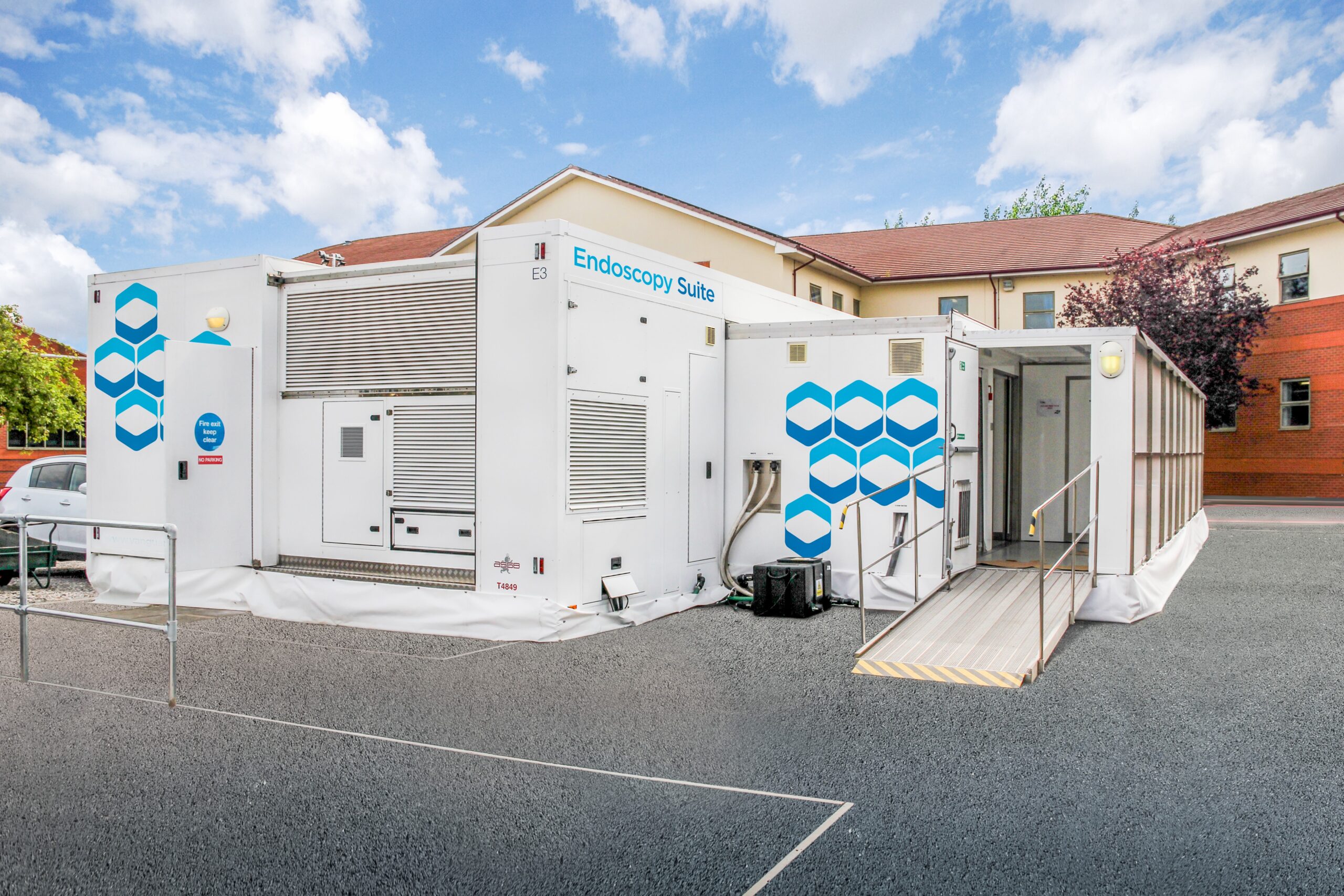Mae'n edrych fel eich bod yn yr Unol Daleithiau
Mae gennym wefan wahanol (www.q-bital.com) sy'n fwy addas i'ch lleoliad
Mae adroddiad newydd, a ryddhawyd gan GIG Lloegr ychydig dros wythnos yn ôl, wedi amlinellu’r angen i ddiwygio gweithgarwch diagnostig a chyflwyno model gwasanaeth newydd i ddarparu llwybrau diogel, sy’n canolbwyntio ar y claf, ac i wella cynhyrchiant.
Mae'r major report was the output from a review of diagnostic services, commissioned by NHS chief executive Sir Simon Stevens as part of the NHS Long Term Plan. It suggests ways to radically overhaul the way the MRI, CT and other diagnostic services, including endoscopy, are delivered against a backdrop of rising demand and a need to facilitate recovery from the Covid-19 pandemic.
The new report advocates the separation of acute and elective diagnostics wherever possible, to improve efficiency and reduce waiting times. Diagnostic checks in A&E should be separated from tests taken ahead of routine procedures, and under the proposal, stand-alone ‘Covid-free’ diagnostic hubs would be set up in the community, away from acute hospital sites. Improvements to inpatient diagnostics, such as the access to same day endoscopy, are also proposed to free up beds.
The approach would bring numerous benefits; patients could be tested closer to home, the number of patients attending a hospital setting could be reduced, patients could be reassured of the safety of attending procedures; and waiting times for non-emergency diagnostics could be reduced. It would also make the NHS more resilient and ensure continuity of elective care in the case of a prolonged period of Covid-19, or another pandemic.
But to achieve this, significant investment in new facilities and equipment will be needed, together with a significant increase in the diagnostic workforce. The plan is therefore likely to take time to implement.
There was already a need for radical improvement in diagnostic services before the pandemic, with demand having risen rapidly over the past five years in particular. This has led to a marked increase in breaches of the six-week diagnostic standard in the past two years, as well as a substantial increase in outsourcing of both imaging and endoscopy.
Professor Sir Mike Richards CBE, who led the review, said that while a need for radical change already existed, it has been further amplified by the pandemic. The risk of Covid-19 infection to and from patients attending for diagnostic tests has slowed patient throughput, in particular for CT scanning and endoscopy, and this - in combination with cancellations during the lockdown period – has led to a sizeable backlog.
Alongside increased capacity and the separation of elective and emergency diagnostics, new service delivery models are also needed to ensure safe pathways to diagnosis, including extending the use of virtual consultations and community diagnostics to keep visits to acute hospitals to a minimum.
While there is evidently a need for additional diagnostic capacity and new ways of working to be able to recover from the dramatic fall in activity seen during the pandemic, a clear separation of pathways is already possible to achieve using flexible healthcare infrastructure.
The use of mobile or modular endoscopy facilities or imaging units, are ideal for kick-starting the development of the proposed Community Diagnostic Hubs, helping to ensure that elective diagnostic capacity can be protected and waiting lists can be reduced. Many hospitals are already using seilwaith clinigol hyblyg to create stand-alone Covid-19 free environments.
Cysylltwch to find out more, or read the report by Sir Mike Richards CBE.



Vanguard Atebion Gofal Iechyd
Uned 1144 Regent Court, Y Sgwâr, Parc Busnes Caerloyw, Caerloyw, GL3 4AD

Mae gennym wefan wahanol (www.q-bital.com) sy'n fwy addas i'ch lleoliad